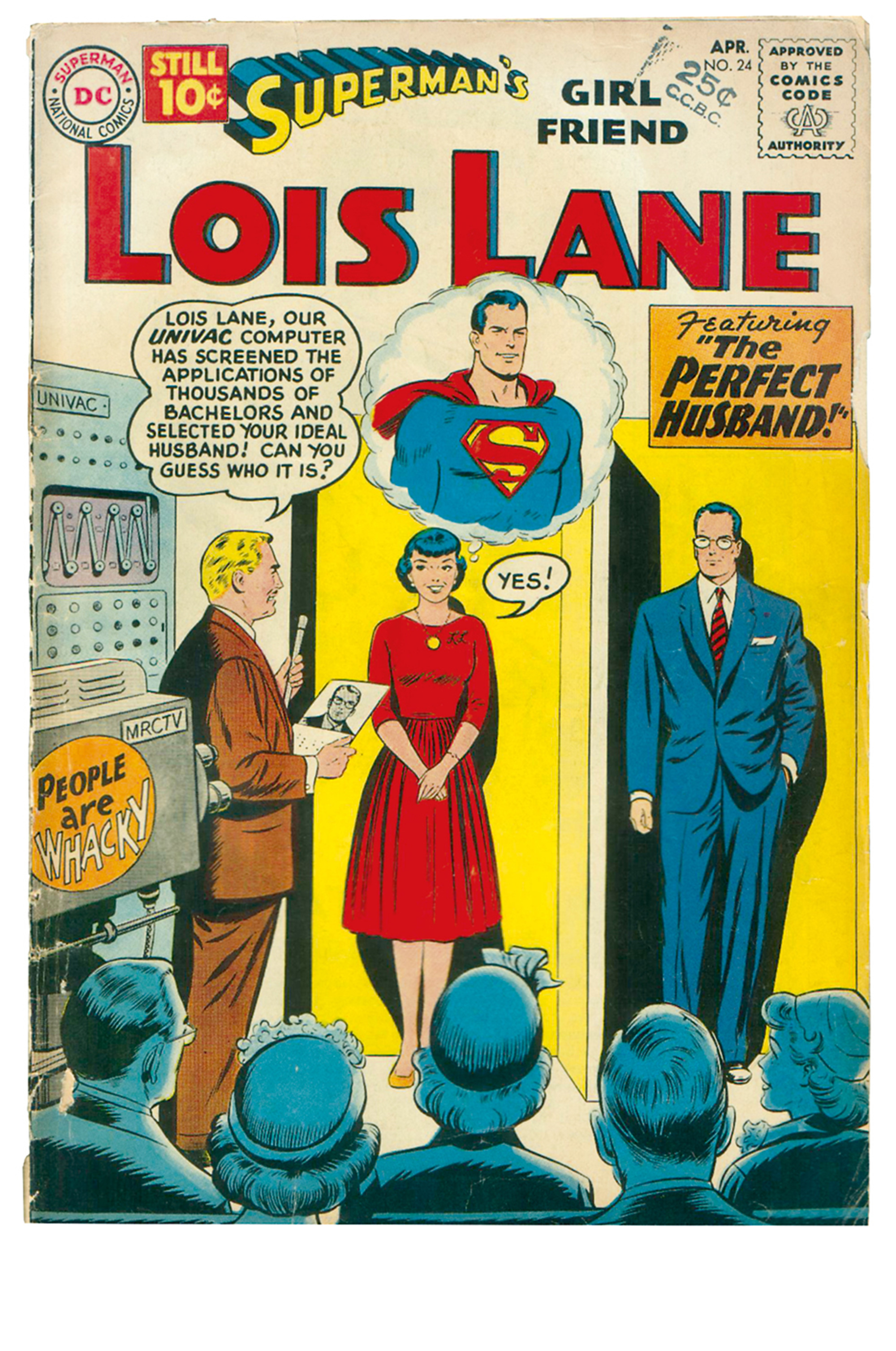If It’s Part Broke, Half Fix It
The sincere horse sense of Dr. George W. Crane
George Pendle
Traditionally, horses have not been renowned for their intelligence. Whatever plaudits they may gain for their natural grace and utility, their inability to think abstractly combined with an abundance of herding instinct has generally sent them to the bottom of the class. In George Orwell’s Animal Farm, it is the pigs that have the big ideas. Boxer, the loyal workhorse, is turned into glue.
Thus, it is strange that the term “horse sense” has come to define a person with sound practical judgment. The phrase’s somewhat contrary nature is qualified by the Oxford English Dictionary as a “coarse, robust, and conspicuous form of shrewdness often found in ignorant and rude persons.” Such a paradoxical term naturally originated in the United States, where street smarts and native intelligence have always been more highly prized than highfalutin education. Indeed, it seems to have been the phrase’s very Americanness, its democratic melding of the ignorant and the wise, the coarse and the shrewd, that caused it to be the guiding motto in the life of Dr. George Washington Crane—popularizer of psychology, pioneer of computer dating, and self-decreed paterfamilias to a nation.
• • •

Born in Chicago in 1901, Crane grew up in the southern farmlands of Indiana. It was here, amid the horizontal hay fields, that he first discovered “horse sense.” When hay bales get wet, they have an absurd tendency to spontaneously combust. And so when the mechanical hay bailers broke down in the fields and rain clouds were brewing, “those farmers were very ingenious in working out ways to get things to work, even if it wasn’t the right way,” recalled George Crane’s son, David. “That’s horse sense.” The immediate usefulness of such patched-together knowledge left a great impression on the young George Crane’s mind.
His mother was a schoolteacher and Bible scholar who boasted of having read the Bible fifty-six times by the time she was fifty. Under his mother’s strict tutelage, Crane entered Northwestern University to study both medicine and the relatively new science of psychology. So it was that, at the age of thirty-one, the now Dr. Crane released his magnum opus, Psychology Applied, a textbook whose scattershot approach to its subject matter, cavalier attitude toward science, and general strangeness cannot be overstated.
The first chapters seem unremarkable. “Methods of Motivating Human Beings” includes a seemingly typical scientific discussion of stimuli and motives and convincingly references the work of the noted psychologist H. H. Goddard.[1] But soon after the chapter on “How to Develop Propaganda,” a strong religious thread that has been bubbling under the surface suddenly breaches it, with chapters such as “How to Pep up Church Attendance” and the worryingly fundamentalist “Vital Importance of Church Camps for Teenagers” (“There seems to be a natural stage of hero worship and spiritual idealism during adolescence which, if properly evoked and rightly channeled, can furnish the religious motive force for all one’s future years”). The final chapter of the book is simply titled “Logical Proof of God.” Needless to say, such headings are uncommon in most other psychology primers.